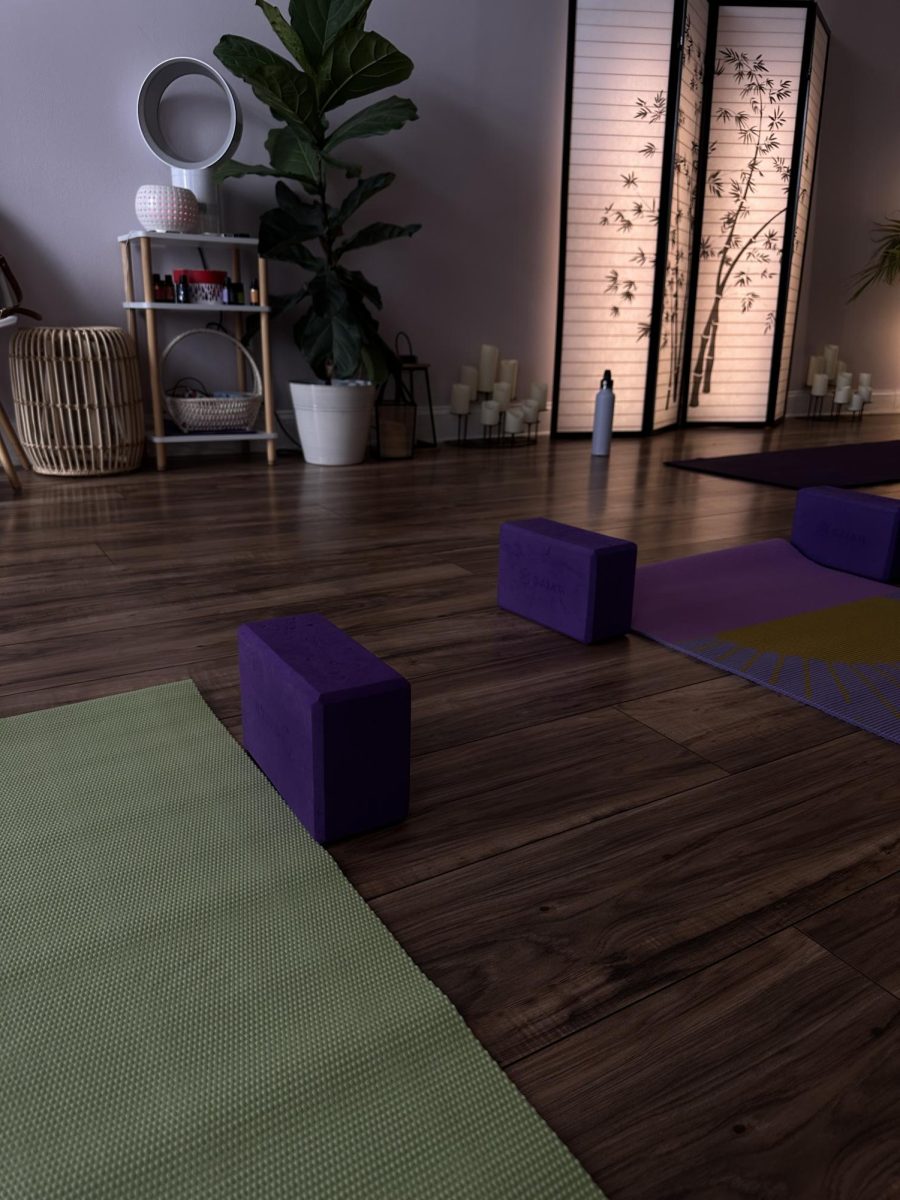Orthorexia is a common disorder among many people in America today. While it is not really visible on the outside, it is still as dangerous as any other eating disorder.
What is Orthorexia?
Being “healthy” is being balanced with the mind, body and soul. Many consider exercising regularly and eating healthfully the ultimate way to live to your fullest health.
Is it possible to be too healthy? Is eating only certain foods good for you? When can an exercise routine get dangerous? While some consider eating certain foods and working out daily “healthy”, there are people who can take it to the extremes. When the healthy habits turn into health obsessions, a person can develop what is known as “Orthorexia”.
Orthorexia is the disorder of being “too healthy”. People suffering from Orthorexia are obsessed with their health regarding both exercise and nutrition. Many get caught up with counting calories or follow strict diets that limit them from many nutrients.
Signs of Orthorexia
Exercise is another aspect that takes many different forms in this disorder. An orthorexic person is punctual and obsessive with exercise, over-exerting their body with activity. A sufferer can get very anxious if they miss a workout or don’t do their training for as long as they always do (if not longer).
Most sufferers don’t realize their obsession- thinking that they are just being “healthy”. As their rigorous ways turn into habits, many people cultivate this disorder without even knowing about it. Due to the fact that sufferers are used to their conditions, they disregard many signs of imbalanced health caused by their obsession which is meant for the opposite. Symptoms include fatigue, decreased immunity, hormonal imbalance (cessation of periods for females) and more.
Weight loss, and even weight gain can be another symptom as well. The body is constantly being under stress, imbalancing a person mentally and physically. Often however, an orthorexic can continue their regimes despite it brings them no positive result. The disorder is more about the mental limitation of rigorous ways, being a mental battle rather than a physical one.
Diagnosis and Treatment
Orthorexia should be regarded just like an eating disorder because it is just as dangerous. There are both mental and physical aspects that one must heal.
Generally, it is suggested to rest and eat more (and healthily) to heal the body and replenish all deficiencies. The amount of rest and the “recovery diet” can vary, depending on the sufferer’s condition and the damage done. Apart from the physical, the mental aspect is damaged as well.
Psychological therapy is often suggested for full recovery as well as for moral support during the recovery process. While it sounds simple, it may be a challenge for sufferers. Breaking obsessive cycles of strict exercise and nutrition can be compared to overcoming an addiction. Most people are terrified that their “unsafe” foods will make them get fat, or that skipping their workout will lead them to lose their shape or progress.
However, healing gets easier once they actually take the leap of faith. After realizing the absurdity of their certain rigorous ways, many orthorexics can recover and heal themselves rather quickly. Usually, spending time with family and friends, becoming more religious and reducing stress has been shown to have helped the most with recovery. After reaching their health optimal level of health, most people aren’t regenerated only physically- yet mentally as well.

















